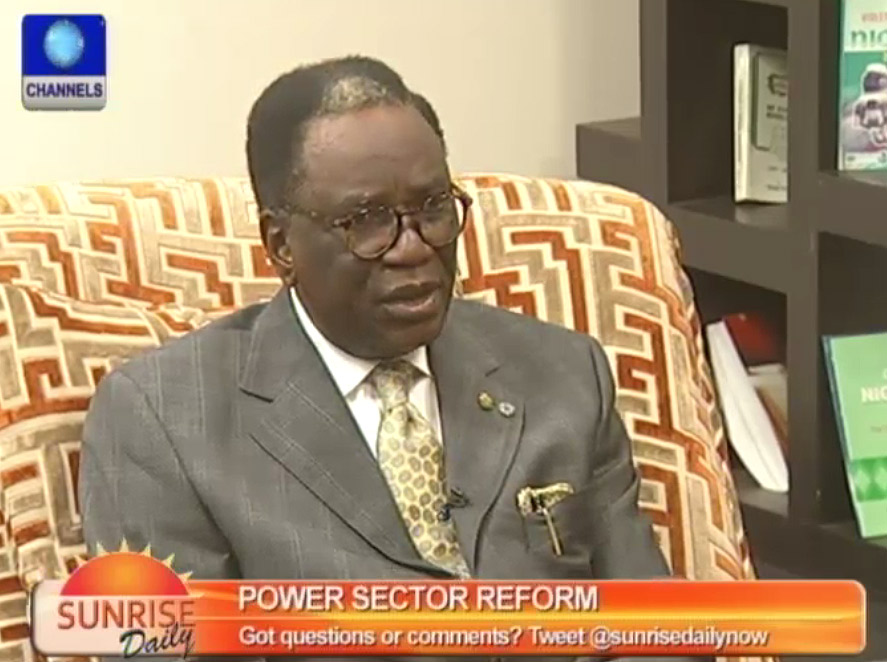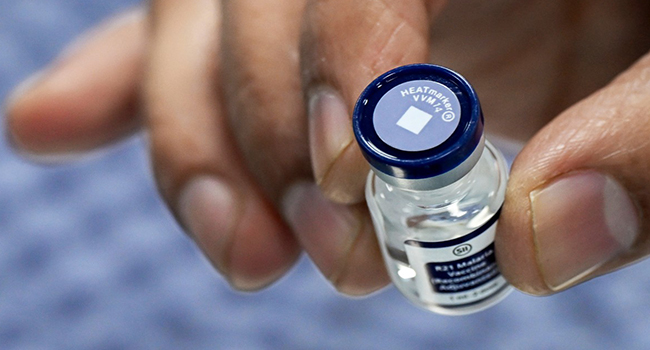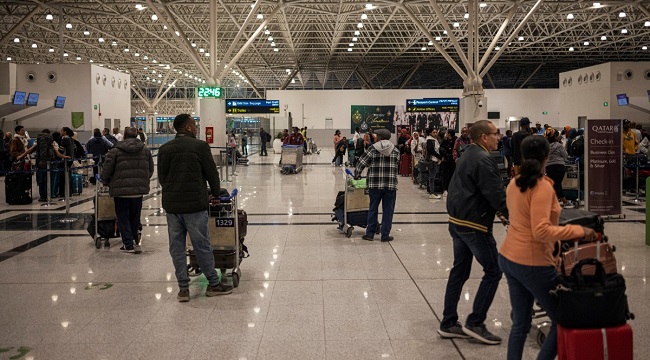The President, Nigeria Society of Engineers, Otis Anyaeji has said that with the increasing activities of the National Integrated Power Project (NIPP), the erratic power supply in the country will soon be a thing of the past.

Speaking as a guest on Channels Television’s breakfast programme, Sunrise Daily, Mr Anyaeji said the government had already entered into an agreement that will ensure that gas, a major ingredient in power generation, is on constant supply to power plants.
He said the reason for his optimism over the reforms is the change in the behaviour of both the government and contractors handling power projects.
“There has been steadfastness in all the stakeholders including the government, that’s what gives me the confidence to say that not only will this NIPP be carried through but even beyond NIPP. I think the behaviour has changed now, even in the government level and the contractor level,” he said.
The most significant measures taken by the government to re-jig the nation’s ailing power sector came in August 2005 when the National Council of State (NCS) and the National Assembly approved an initial funding of US$2.5 billion for the NIPP from the “Excess Crude Oil Account.
The Niger Delta Power Holding Company Limited (NDPHC) was thereafter incorporated as a limited liability company to serve as the legal vehicle to hold the NIPP assets. The mandate of the NDPHC included construction and expansion of the country’s power infrastructure to boost electricity generation and supply across the country.
In 2008, the National Economic Council (NEC) voted US$5.375 billion from the excess crude account as Power Emergency Fund (PEF) to complete NIPP. NEC also inaugurated the NIPP Steering Council in January 2009, chaired by President Goodluck Jonathan, then the country’s vice president with six state governors and four ministers as members.
The NIPP Steering Council, which has transformed as the board of directors of NDPHC is headed by Vice President Namadi Sambo. In February 2009, the council approved phase I budget of US$2.213 billion from the PEF of US$5.375 billion to complete the first phase of the NIPP projects. It also approved US$423.639 million to PHCN as special intervention fund.
In June 2010, the council approved US$123.110 million to augment the phase 1 budget and N1.750 billion to buy NDPHC corporate headquarters in Abuja.
With these funds, the NDPHC built several gas turbine plants, distribution and transmission equipment and lines in the country.
Mr Anyaeji said he is hopeful that these investments and the commitment of other stakeholders will ensure that Nigerians will soon start enjoying uninterrupted power supply.




